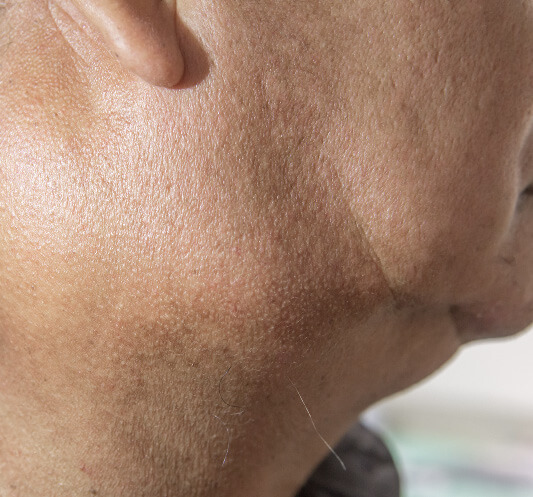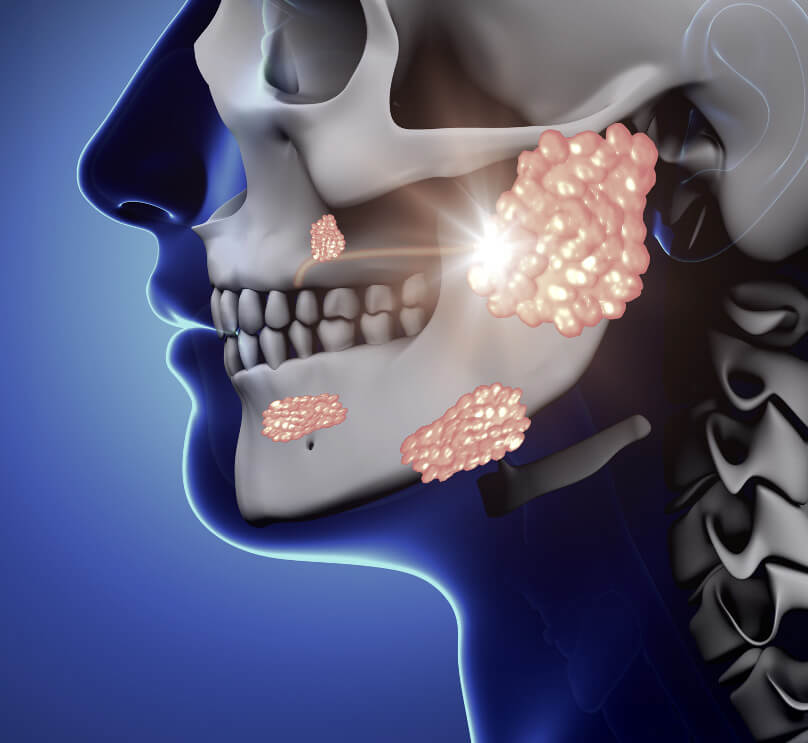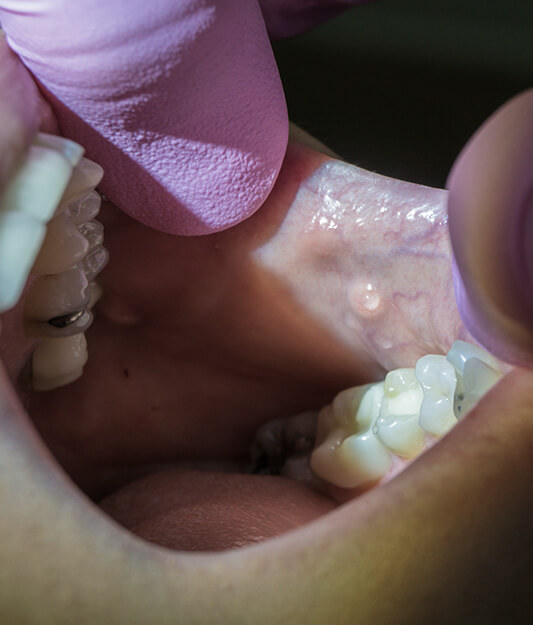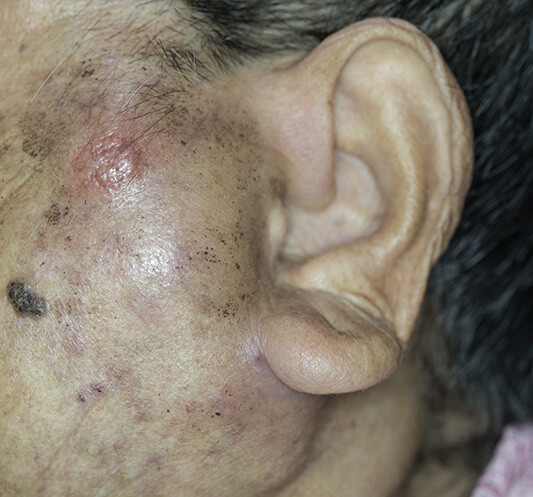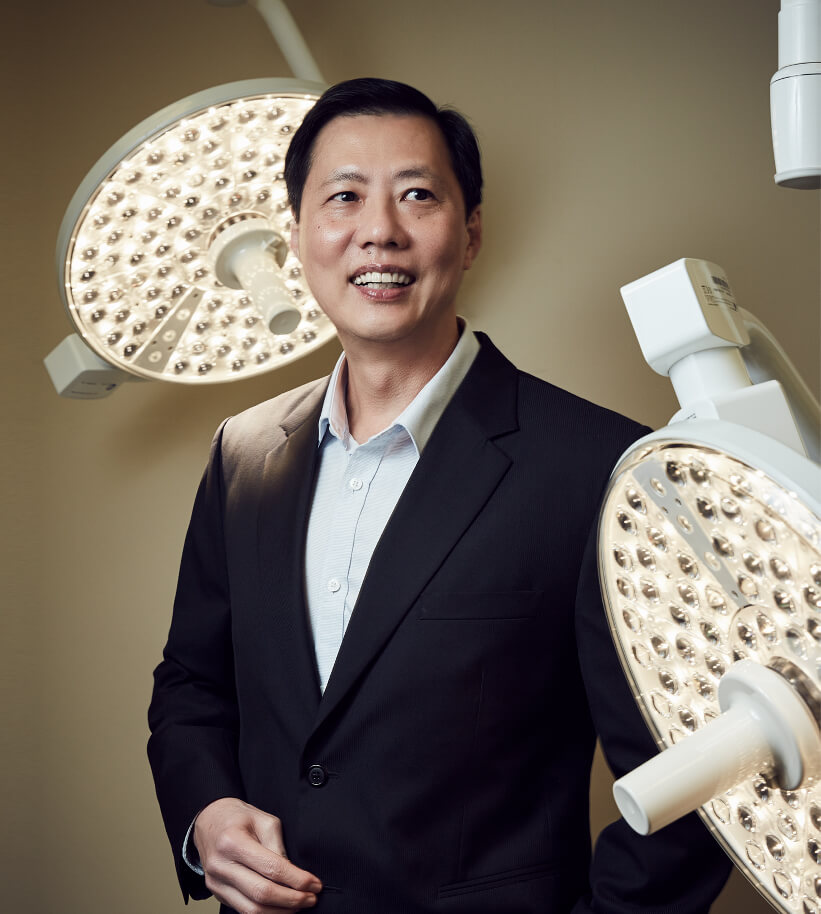Parotid Surgery in Singapore
Treatment for parotid or salivary gland cancer depends on the tumor’s size, location, type and
stage, as well as the patient’s overall health.
Surgery remains the most common and effective form of treatment for parotid tumors, particularly
those that are benign, slow-growing and still in their early stages. The procedure may involve
removing part or all of the salivary gland in a process known as parotidectomy. If the tumor has
metastasized to nearby tissues and organs such as the lymph nodes, these will also be removed.
Reconstruction surgery typically follows the actual parotid procedure. This is done to repair
the facial structures and nerves that may have been moved or replaced during the surgery, as
well as restore or improve the patient’s ability to breathe, speak, chew or swallow.
Singapore ENT surgeon Christopher Goh specializes in the comprehensive management of head,
thyroid and neck conditions, skilled in such procedures as parotidectomy, thyroidectomy, and
neck dissection, among others. Book a consultation with Dr. Goh by calling 9754-4719.

